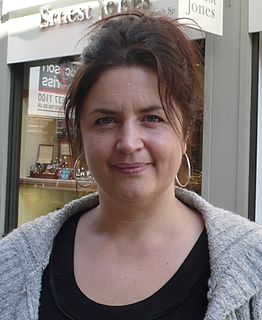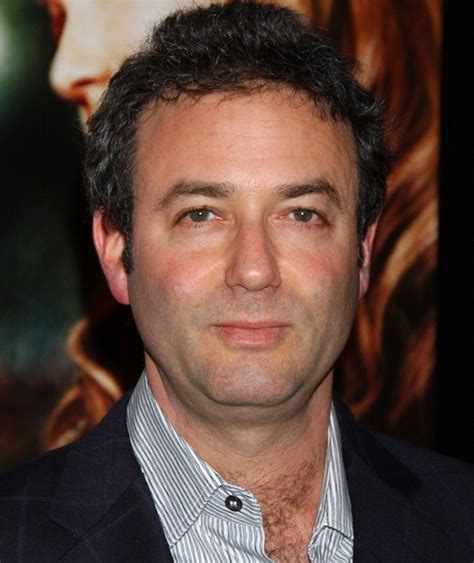A Quote by Carlton Cuse
You have to be able to get inside the heads of the characters and completely sympathize and understand them.
Quote Topics
Related Quotes
I don't like the strictly objective viewpoint [in which all of the characters' actions are described in the third person, but we never hear what any of them are thinking.] Which is much more of a cinematic technique. Something written in third person objective is what the camera sees. Because unless you're doing a voiceover, which is tremendously clumsy, you can't hear the ideas of characters. For that, we depend on subtle clues that the directors put in and that the actors supply. I can actually write, "'Yes you can trust me,' he lied." [But it's better to get inside the characters' heads.]
[Identity liberalism] says, on the one hand, you can never understand me because you are not exactly the kind of person I've defined myself to be. And on the other hand, you must recognize me and feel for me. Well, if you're so different that I'm not able to get into your head and I'm not able to experience or sympathize with what you experience, why should I care?
I have a brilliant sound design team who's been working with me since 'Mr. Robot,' and one of the things we always think about - and it's also something we think about with cinematography - is how we get inside the characters' heads and how do we place the audience where we want them to be or how we want them to feel at any given moment.
Sometimes, when actors reach out to their characters, they're nowhere in sight. They need to find something inside of them. And then the characters are right there. As a director, I want them to find the character that's already inside them, instead of trying to manufacture or manipulate or make something up. That's not really honest or true.
There are times that you have a plot in your head, but then you find that the characters don't want to do that. When you're looking at the story from the outside, you can create whatever twists and turns you want. But when you're writing, you're inside the characters' heads, and you see that they may be motivated to do something different.




































